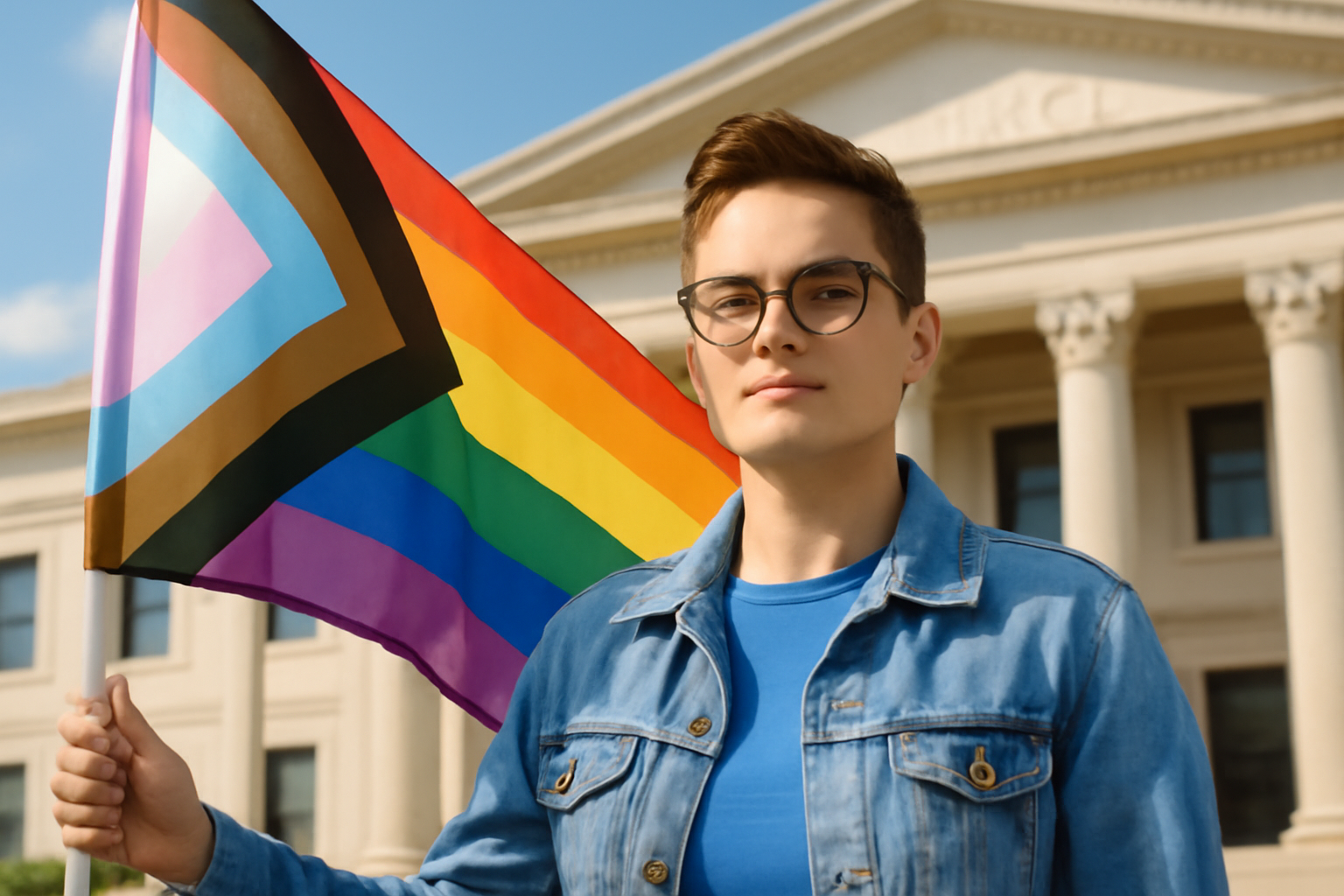
In a significant legal development, a recent court ruling has halted the implementation of proposed changes to Title IX regulations that aimed to expand protections for LGBTQ+ students. This decision has sparked widespread discussion and debate about the future of LGBTQ+ rights in educational settings across the United States.
Understanding Title IX and Its Historical Context
Title IX is a federal civil rights law that was enacted as part of the Education Amendments of 1972. It prohibits discrimination on the basis of sex in any education program or activity receiving federal financial assistance. Historically, Title IX has been instrumental in promoting gender equality in education, most notably advancing opportunities for women in sports.
In recent years, the scope of Title IX has been interpreted to include protections against discrimination based on gender identity and sexual orientation. This broader interpretation has been contested, leading to differing enforcement standards under various administrations.
The Proposed Expansion Under the Biden Administration
The Biden administration sought to officially codify protections for LGBTQ+ students under Title IX, ensuring that discrimination based on gender identity and sexual orientation was explicitly prohibited. This move was intended to provide clarity and reinforce the rights of transgender and non-binary students, ensuring they have equal access to educational opportunities and environments free from discrimination and harassment.
Advocates for LGBTQ+ rights have argued that such protections are long overdue and necessary to combat pervasive discrimination and bullying faced by LGBTQ+ students in schools across the country. They emphasize the importance of creating safe and inclusive educational environments where all students can thrive.
The Legal Challenge and Court Ruling
However, the proposed changes faced immediate legal challenges from several states and organizations. Opponents argued that the expansion of Title IX to include gender identity and sexual orientation protections overstepped the legal authority of the Department of Education and conflicted with existing state laws.
In a recent ruling, a federal judge sided with the challengers, issuing an injunction that prevents the implementation of the new guidelines. The judge's decision was based on the argument that the proposed changes were not sufficiently justified under the existing statutory framework of Title IX.
This ruling has effectively paused the rollout of the new protections, leaving the status of LGBTQ+ students' rights under Title IX uncertain.
Implications and Reactions
The court's decision has elicited a wide range of reactions. LGBTQ+ advocacy groups have expressed disappointment, viewing the ruling as a setback in the fight for equal rights and protections. They vow to continue their efforts to secure legal recognition and protection for LGBTQ+ students.
On the other hand, opponents of the proposed changes have welcomed the ruling, viewing it as a victory for states' rights and a necessary check on federal overreach. They argue that education policies should reflect the diverse values and needs of local communities.
This legal battle is likely to continue as both sides prepare for further litigation. The outcome of this ongoing legal process will have significant implications for the interpretation and application of Title IX in the future.
Moving Forward: What's Next?
As the legal landscape surrounding Title IX and LGBTQ+ protections continues to evolve, many are calling for legislative action to provide clear and comprehensive protections at the federal level. Such measures could potentially offer a more durable solution than administrative rule changes, which are subject to shifts in policy with each new administration.
In the meantime, educational institutions, advocacy groups, and policymakers will need to navigate a complex and uncertain legal environment. The focus remains on ensuring that all students, regardless of their gender identity or sexual orientation, have access to an education that is free from discrimination and bias.
As these issues unfold, it is crucial for the community to stay informed and engaged in the dialogue surrounding educational equity and civil rights. The ongoing efforts to expand and protect LGBTQ+ rights in education represent an essential part of the broader struggle for equality and justice in society.
Related Posts
Triumphant Trans Woman Wins Legal Battle and Inspires Others to Stand Up for Their Rights
Breaking new ground: a landmark victory in transgender rights After battling in courtrooms and enduring endless challenges, Diana Portillo, a transgender woman, has secured a monumental victory in her decade-long fight against workplace discrimination. The result? Nearly $1 million awarded in a historic settlement. But this isn't just a win on paper—it represents a powerful precedent in combati [...]
Pride Month in Latin America: Protests and Demands for Equality
**Celebrating Pride and advocating LGBTQ+ rights in Latin America** Pride Month in Latin America was a lively mix where celebration met activism. Communities united, not just throwing a party but making a stand—demanding equality and pushing governments toward better protection and rights recognition. Throughout Latin America, pride events erupted in marches and cultural displays, each with a c [...]
Transgender Erasure Actions Implemented by National Park Service
```html Trump administration's impact on national park service and transgender recognition The Trump administration made notable moves in undermining transgender representation, which included directing agencies like National Park Service not include "T" and "Q" when they refered “LGBTQ” in any official communication. This move seems part a broader plan by this administration aimed at reducin [...]